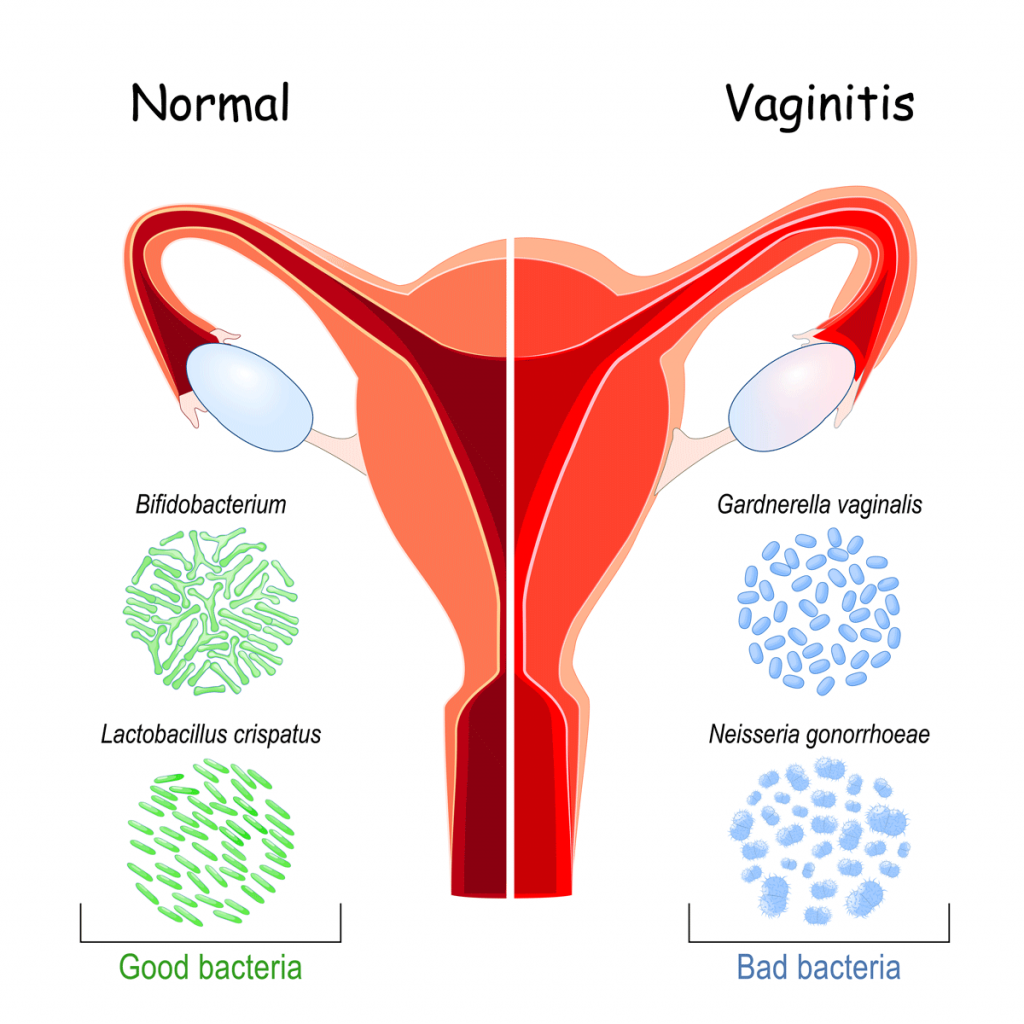Resistant pathogen successfully treated and as a result renewed pleasure in ‘conjugal duties…’
In my gynaecological practice I use BICOM® therapy for treating various disorders. Particularly for stubborn disorders, where it was previously not possible using conventional medicine to help my patients overcome their symptoms, BICOM® therapy has proved to be a very valuable treatment option for me.
One example is a 41-year-old female patient of mine, who suffered for several years from a recurring inflammation of the vagina and in her true pelvis, caused primarily by pathogens such as Gardnerella vaginalis in combination with Staphylococcus aureus, Streptococci, Escherichia coli. She also suffered from recurring Candida colpitis. She complained about discomfort and an amplified feeling of moisture in her vagina. In addition she experienced itching and pain during sex, which was putting a strain on her relationship.
In November 2001 she switched from her gynaecologist to my practice and we continued a treatment which we had already started at one point, with local and oral antibiotics to counteract the inflammations and to build up the intestinal flora again with Döderlein’s bacteria. However, this only had a short-term impact.
The inflammations continued to appear at monthly intervals. Several hospital stays using intravenous antibiosis had little success. In September 2003 I tried to stimulate the immune system intramuscularly with three doses of Gynatren®. After a period when the symptoms disappeared, a new series of inflammations developed.
In April 2004 I began using BICOM® therapy in my practice and recommended that this patient try it. I treated her with the programs stored in the BICOM® device, such as programs to treat vaginal infections, mycosis therapy for a Candida stress and strengthening the immune system. After nine BICOM® treatments at weekly intervals the patient was free of symptoms and there have been no recurrences to date. Regularly smears have also come back normal. Given the large number of similarly positive gynaecology outcomes, I cannot now imagine practising without this therapy option.


